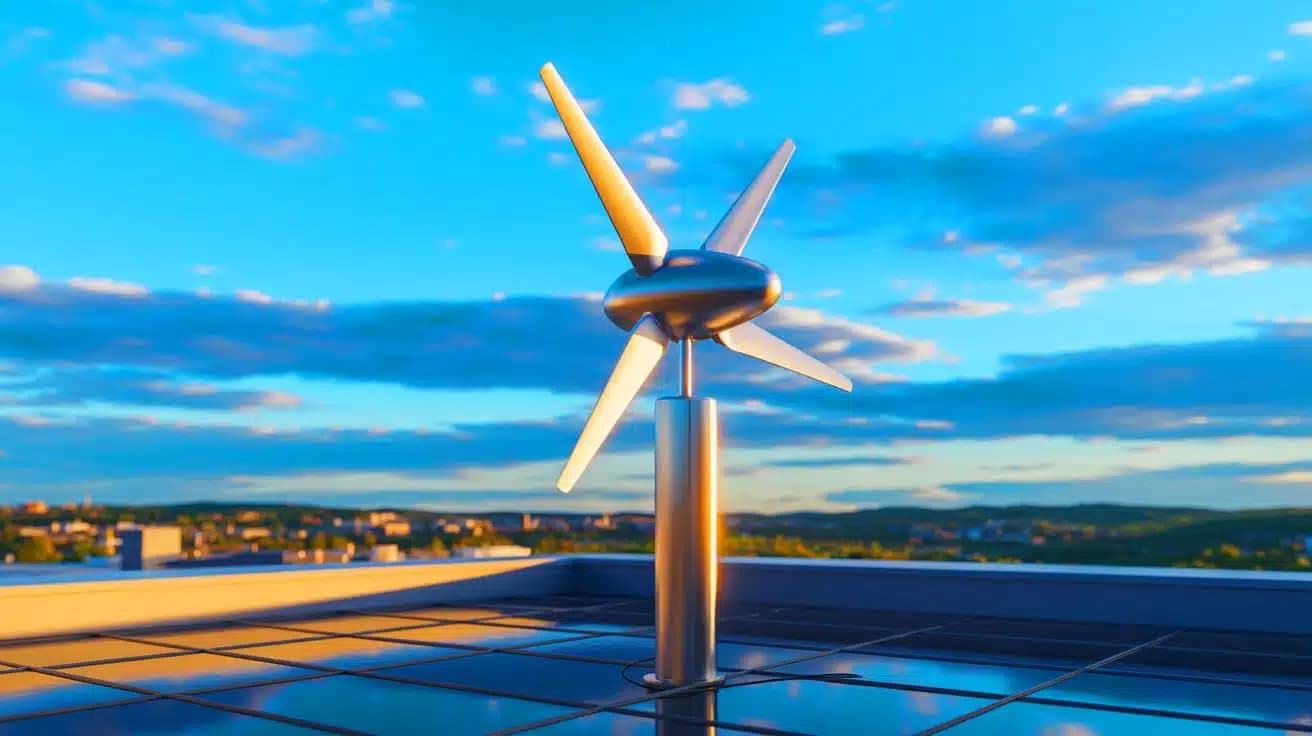GEVI Wind Secures $3.1 Million Seed Funding, Hiten Shah Expresses Support

Rome, Italy – GEVI Wind, an Italian startup specializing in AI-powered vertical micro wind turbines, recently announced the successful closure of a $3.1 million seed funding round. The investment is set to propel the company from prototype to full industrial production, accelerating its contribution to the energy transition.
Prominent investor and entrepreneur Hiten Shah publicly acknowledged his support for the company, stating in a recent tweet, "> Very happy to help @blader burn that VC money 💸," a playful reference to the significant capital infusion. Shah is known for co-founding successful ventures like Crazy Egg and KISSmetrics, and for his advisory and investment roles in numerous startups.
The seed funding round was led by venture capital firms 360 Capital and CDP Venture Capital, through the Acceleratori Fund, MiSE Co-Investment Fund, and Toscana Next Fund. Additional participation came from NextSTEP One, underscoring investor confidence in GEVI Wind's innovative approach to renewable energy.
Founded in 2022, GEVI Wind has developed a modular, distributed, and low-noise micro wind turbine designed to overcome the limitations of traditional wind energy systems. The company's technology features a proprietary AI control system that adjusts blade angles in real-time based on live data, optimizing energy capture and protecting the turbine in extreme weather conditions. This innovation reportedly yields up to 60 percent higher annual energy production compared to leading vertical-axis turbines.
Emanuele Luzzati, founder, CEO, and head of engineering at GEVI Wind, emphasized the transformative potential of the investment. "The support we have received allows us to transform our technology into a scalable, industrial product, accelerating GEVI’s contribution to the energy transition," Luzzati stated. The funds will be utilized for serial turbine production, refining AI algorithms, and developing next-generation models for diverse environments, aiming to make small-scale wind power more efficient and accessible globally.